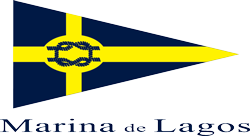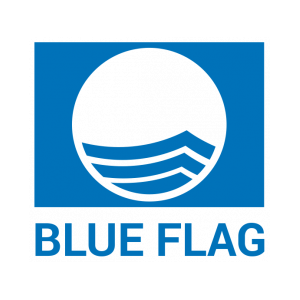Best Practices
INFORMATION, ADVICE AND SUGGESTIONS
VESSEL CLEANING
As a boater, you are well aware of the care your vessel requires. In order to keep it safe, reliable and attractive, you must clean and maintain your boat. As you do so, minimize the environmental impact by following these tips.
Your choice of products and actions can lead to serious consequences on water quality and, therefore, aquatic life, so caution is essential. For example, if paint chips from a hull are not contained, they may end up in the water, allowing their heavy metal components to be consumed by mussels, worms and other bottom dwelling creatures, being later passed up the food chain to fish, birds and humans.
Clean carefully
Wash frequently with a sponge or nonabrasive pad and plain water. Some extra effort might be required to remove stains.
When detergents are necessary, use soaps that are phosphate free, biodegradable and non-toxic. Any soap should be used sparingly because even non-toxic products can be harmful for wildlife. For example, detergents will destroy the natural oils on fish gills, limiting their ability to breathe.
Wax your boat, if appropriate. A good coat of wax prevents surface dirt from becoming ingrained.
Clean teak with a mild soap and abrasive pads or bronze wool. This method is safe for the environment and better for the boat than the solvents in standard teak cleaners which tend to eat away at the wood and to damage seam compounds.
Avoid detergents that contain ammonia, sodium hypochlorite (bleach) chlorinated solvents, petroleum distillates, and lye.
Try some of the alternative cleaning products listed in the table below.
Collect all paint chips, dust and residue. Dispose of in regular trash at home or in designated receptacles at the Marina.
Be a consciencious consumer
Read product labels. Labels convey information about the degree of hazard associated with a particular product. Select those that contain no warnings or that merely caution consumers.
Be wary of unqualified general claims of environmental benefit, e.g. “ozone friendly”. A better, more meaningful label would read “This product is 95% less damaging to the ozone layer than past formulations that contained chlorofluorocarbons (CFCs)”.
Alternatives to toxic products
While baking soda, vinegar, lemon juice and vegetable are far less harmful than bleaches scouring powders or detergents, they are still toxic to marine life. Use cleaning products sparingly and minimize the amount discharged into the water. Never dispose of any cleaning products down the thru-hull drain; dispose of them on shore.
| Products | Alternative |
| Bleach | Borax |
| Scouring powders | Baking soda. Or rub area with one half lemon, dipped in borax, then rinse. |
| General cleaner | Baking soda and vinegar. Or lemon juice combined with borax paste. |
| Floor cleaner | 250 ml vinegar + 7,5 liters of water. |
| Window cleaner | 250 ml vinegar + 250 ml warm water. Rinse and squeegee. |
| Aluminium cleaner | 2 Tbsp. cream of tartar + 1 qt. hot water. |
| Brass Cleaner | Worcestershire sauce. Or paste made of equal amounts of salt, vinegar and water. |
| Copper cleaner | Lemon juice and water. Or paste of lemon juice, salt and flour. |
| Chrome cleaner /polisher | Apple cider vinegar to clean; baby oil to polish. |
| Stainless steel cleaner | Baking soda or mineral oil for polishing, vinegar to remove spots. |
| Fibreglass stain remover | Baking soda paste. |
| Mildew remover | Paste with equal amounts of lemon juice and salt or white vinegar and salt. |
| Drain opener | Dissemble or use plumber’s snake. Or flush with boiling water + 60 ml baking soda + 60 ml vinegar |
| Wood polish | Olive or almond oil (interior walls only). |
| Hand cleaner | Baby oil or margarine. |
| Head & shower | Baking soda; brush thoroughly. |
| Rug/ upholstery cleaner | Dry cornstarch sprinkled on; vacuum. |
MARINA DE LAGOS OBTAINED ECOLUB CERTIFICATION
Marina de Lagos has received the Ecolub certification. Ecolub is the company responsible for the retrieval and treatment of used lubricating oils that are produced in the Marina.
The certification derives from the association to Ecolub’s retrieval programme, promoting a correct handling of this dangerous waste, in order to protect the environment.




